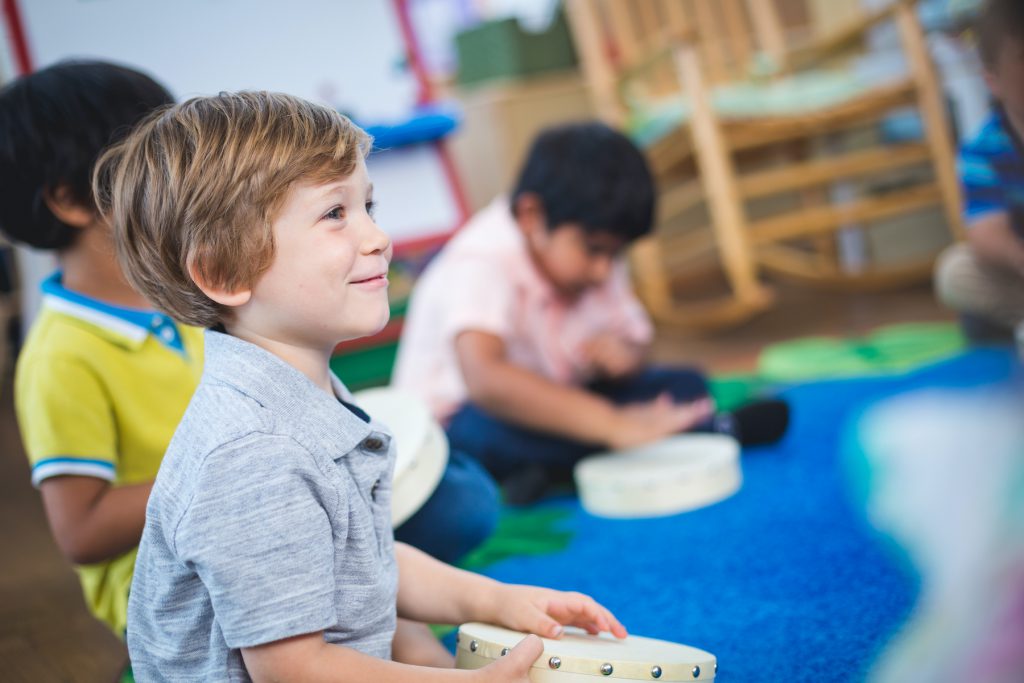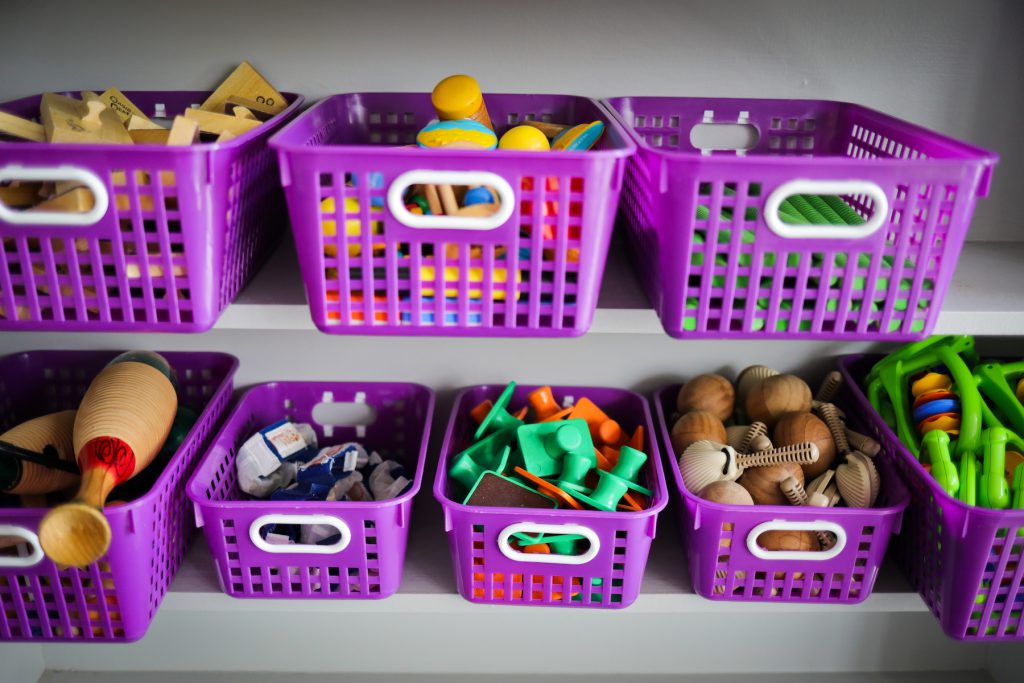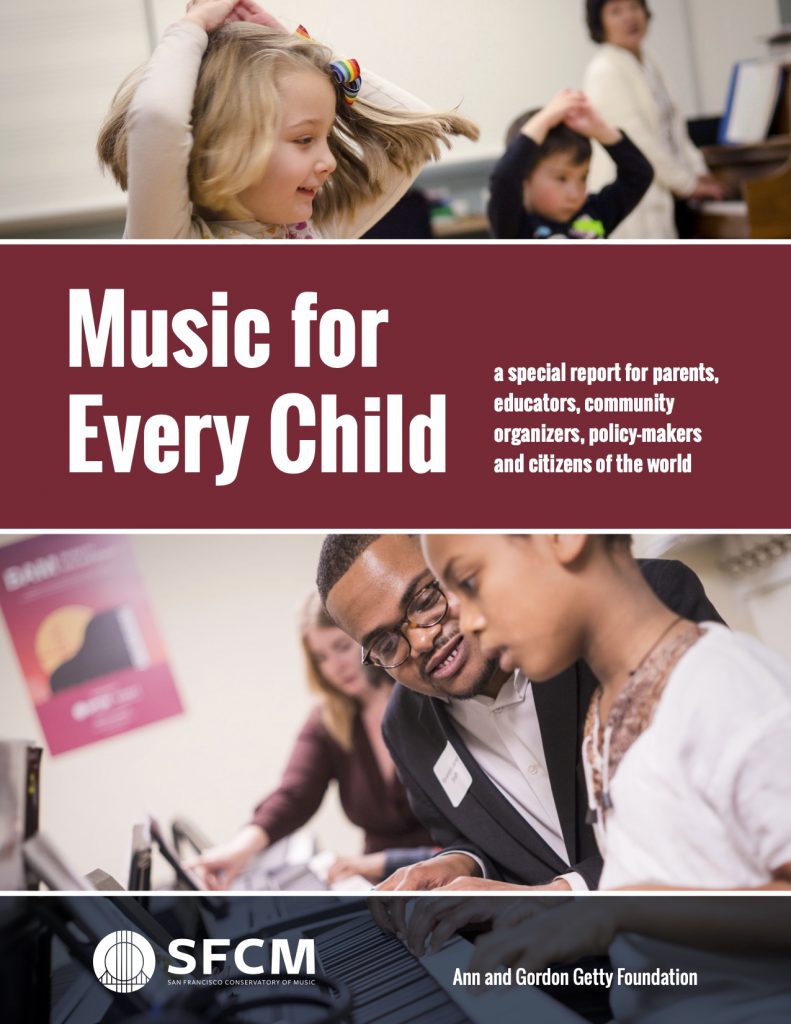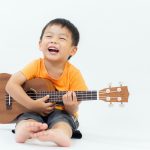Why Music In Schools Post COVID Is Critical
Remember when music in schools campaigns really took off in the 90s? The quest to make music a standard part of the “3 Rs:” Reading, Writing, and Arithmetic, still isn’t over.
Wait…only one of those starts with an R!
Aside from the letter discrepancy, the narrow focus of the 3Rs is outdated. So, how can we get all schools on board with a modernized view of early learning?
First, we need a new acronym. And here’s why music should get its own letter.
The M Stands for Music
Music is the single most impactful area of early childhood learning because it focuses on whole child development.
It goes beyond academics and touches on other important areas of growth, like social-emotional learning.
And one year after COVID’s invasion, when most children are re-learning how to socialize, music in schools is more important than ever.
From boosting early literacy and math skills to helping children learn self-regulation techniques (think freeze dance or musical chairs), music-making, especially when combined with movement, is something that should be included in every child’s learning path. Every day.

Research Proves Music In Schools Is Essential
It’s no secret that the arts are steadily disappearing from schools. Funding cuts are still a big reality, but the why behind which cuts are made is not as clear.
Music is often the first curriculum to go, which means most decision-makers don’t know why music is the easiest way to boost positive early development.
That’s why it’s critical to keep sharing the research.
The 2020 “Music for Every Child” report (from the San Francisco Conservatory of Music and the Getty Foundation) cites many studies that prove music makes major contributions in all of these areas:
- Brain development
- Language
- Memory
- Creativity
- Executive function
- Social-emotional learning
- Communication
- Growth mindset
The main takeaway? Studies show that students who participate in music-making at school are more likely to thrive academically and socially.
And the more we can make it available for every child, the better chance we have of building a generation of creative, empathetic thinkers that can bounce back from a crippling pandemic and make our society stronger and more inclusive than ever.
Music In Schools Is An Equity Issue
When music is removed from public schools, it disproportionately affects at-risk children.
The “Music for Every Child” report notes that when music programs are provided in schools, “[t]hose with low ability who seemed the least interested in academics have shown the biggest improvements.”
Take the music away (where children have guaranteed access), and the opportunity for improvement goes with it.

What Can I Do?
Spread the word.
If you believe music in schools is a critical part of early education, share this article (and others like it!) across all of your social media platforms.
Whether you’re a teacher, parent, administrator, grandparent, neighbor, or friend, dive into the “Music for Every Child” report. Then, speak to your local school system.
Your voice is the most powerful way to share research, to talk about return on investment, and to express the need for all schools to have musical access for every child year-round.
While we’re at it, let’s come up with that new acronym…how about WARM (Writing, Arithmetic, Reading, Music)?
It speaks to the joy and sense of community that music builds. And even though music should probably come first in the equation, we’ll take any position if it means a better future for our kids.





